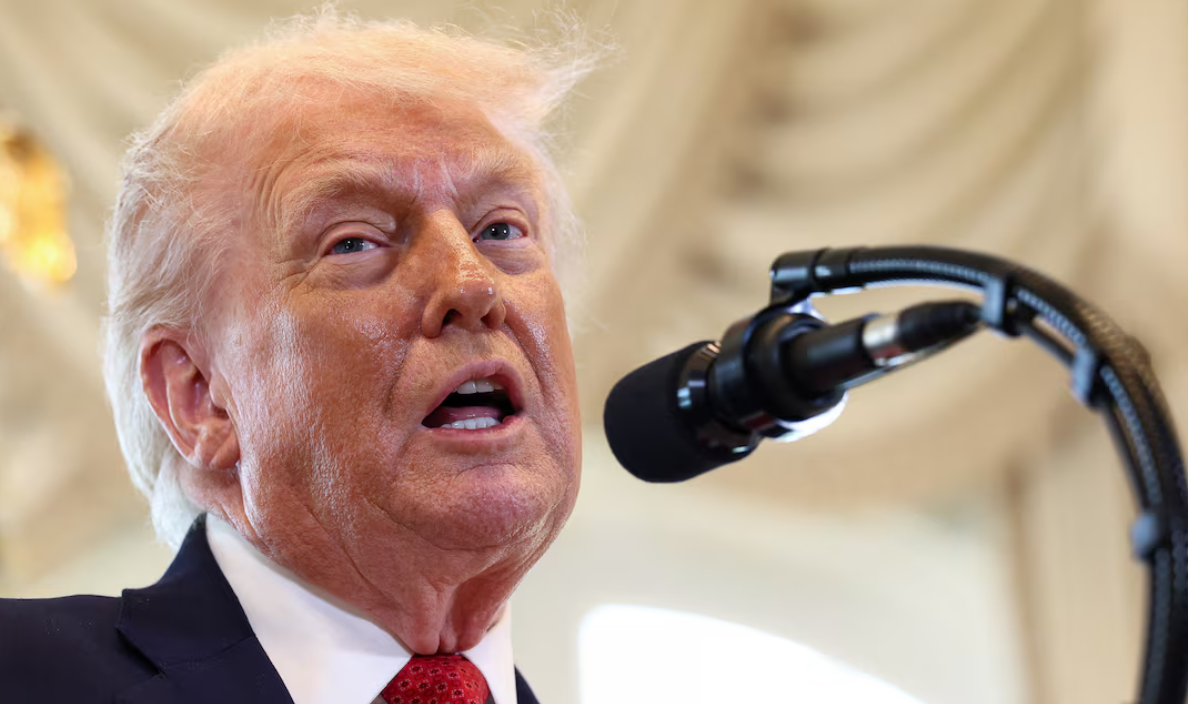Ahead of Tax Day next week, the global charity presents five arguments for a wealth tax
Wealth inequality in the United States is “more extreme and dangerous than income inequality” and could be alleviated by a federal wealth tax, a new report says.
The nation’s billionaires are almost a third richer than they were at the beginning of the COVID-19 pandemic in 2020, according to new calculations by the global charity Oxfam, which published the report this week. The number of U.S. billionaires is almost 60% higher than it was a decade ago, reaching more than 700, Oxfam said.
“The huge rise in pandemic wealth followed trillions of dollars being injected into financial markets to avert their collapse,” the report said. “This fresh cash, while vital to keeping economies afloat, ended up with the ultra-wealthy who were able to ride a stock market surge, without the guardrails of fairer taxation to share that wealth more equitably.”
See:Opinion: We should tax billionaires’ wealth to help pay for pandemic recovery
Also:Bernard Arnault is now worth $210 billion, extending lead over Elon Musk for world’s richest person
Meanwhile, Oxfam pointed to a “permanent underclass” in the nation, saying that almost a third of the U.S. labor force earns less than $15 an hour, with half of all working women of color earning less than that. In addition, the racial wealth gap has grown wider since the 1980s and is close to what it was in the 1950s, the report said.
Ahead of Tax Day next week, Oxfam presented five main arguments for a wealth tax:
Democratic lawmakers have long argued that the wealthiest Americans don’t pay their fair share in taxes, particularly after a 2021 ProPublica investigation of billionaires’ tax returns. A number of Democratic tax proposals in recent years have taken aim at unrealized capital gains of the ultra-wealthy, though some tax-law experts have raised concerns about the constitutionality of that approach.
President Joe Biden last year called for a “billionaire minimum income tax” that would require households worth more than $100 million to pay at least a 20% tax rate on their full incomes, including on unrealized gains. His budget proposal this year called for a 25% minimum tax on households worth more than $100 million. A separate 2021 proposal from Sen. Ron Wyden of Oregon called for taxing billionaires’ unrealized capital gains to pay for Biden’s later-shelved Build Back Better agenda.
Proposals to hike taxes on the wealthy have drawn Republican ire. Sen. Chuck Grassley of Iowa, for example, criticized Biden’s latest budget for what he called “its reckless taxes and out-of-control spending,” denouncing it as “a roadmap to fiscal ruin.”
Some U.S. billionaires, like Microsoft Corp. (MSFT) co-founder Bill Gates, Tesla Inc. (TSLA) Chief Executive Elon Musk and billionaire hedge-fund manager Leon Cooperman, have also pushed back against wealth-tax proposals, saying that they already pay their share of taxes; that they’re being vilified; and that such taxes could be illegal.
Also:Opinion: Why Elizabeth Warren’s wealth tax is a lousy idea
Other billionaires, however, have voiced support for such proposals: George Soros, Abigail Disney and more than a dozen other ultra-wealthy individuals wrote in a 2019 blog post that a wealth tax would be good for America, citing some of the same reasons Oxfam laid out in its report.
In total, Oxfam said, an annual net wealth tax could raise $582.6 billion each year by taxing more than just billionaires and using marginally higher rates: “2% for wealth above $5 million, 3% above $50 million, and 5% above $1 billion.”
Read next:Racial and economic inequality persists. Why do many people deny it?
-Levi Sumagaysay
This content was created by MarketWatch, which is operated by Dow Jones & Co. MarketWatch is published independently from Dow Jones Newswires and The Wall Street Journal.




